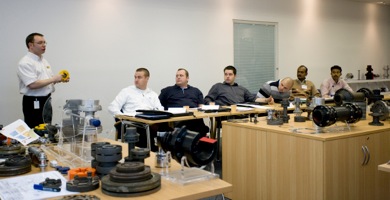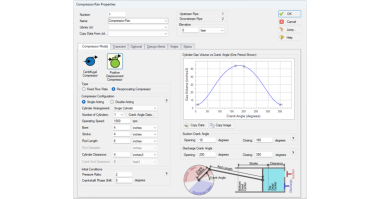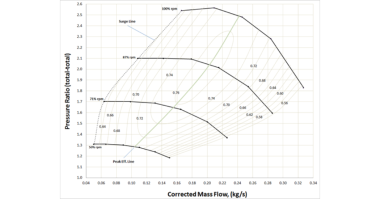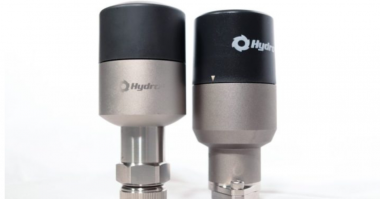John Crane provides a wide range of training courses that cover the correct procedures for installing, operating and maintaining equipment components. These comprehensive training courses give end-user personnel, such as engineers, technicians, operators and mechanics, the knowledge necessary to optimize uptime by keeping their equipment running safely, smoothly and reliably.
Below are several of the training courses offered by John Crane over the course of the 2018 calendar year.
ENGINEERED SEALING SYSTEMS
This instructor-led course introduces the basic principles of mechanical seals and seal support systems. Learning is through an effective blend of classroom theory sessions practical, hands-on exercises and group activities. A certificate is issued to delegates on successful completion of the course.The Engineered Sealing Systems Course is the first of two courses focusing on the design and functionality of mechanical seals, and is a pre-requisite for participation in the second course in the series: Advanced Mechanical Seals and Systems Course. Click here to view dates and locations for the upcoming training courses.
ADVANCED MECHANICAL SEALS AND SYSTEMS
Completion of Engineered Sealing System course (above) or equivalent is a pre-requisite for participation in the Advanced Mechanical Seal Systems course. This instructor-led course introduces more advanced principles of mechanical seals and seal support systems, including seal materials, performance and reliability, problem solving and root cause analysis. Learning is through an effective blend of classroom theory sessions and practical, hands-on exercises. Click here to view dates and locations for the training courses.
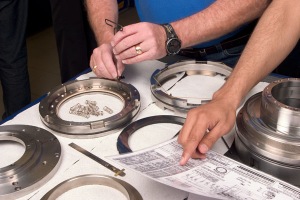
DRY GAS SEAL SEMINAR (1-DAY)
This seminar introduces principles of dry gas seals and seal support systems for centrifugal compressors and rotating equipment. Topics include an Overview of the History of Gas Seals, Principles of Operation, Seal Arrangements & Types, and Troubleshooting. A certificate is issued to delegates on successful completion of the course. Click here to view dates and locations for the training courses.
DRY GAS SEAL WORKSHOP (4-DAY)
This instructor-led 4-day course introduces the principles of dry gas seals and seal support systems for centrifugal compressors, including dry gas seal installation, operation and maintenance. Learning is through an effective blend of classroom theory sessions and practical, hands-on activities. A certificate is issued to delegates on successful completion of the course. Click here to view dates and locations for the training courses.
Training & Retaining Young Engineers: A Look at How One Company Fills Their Talent Pipeline

